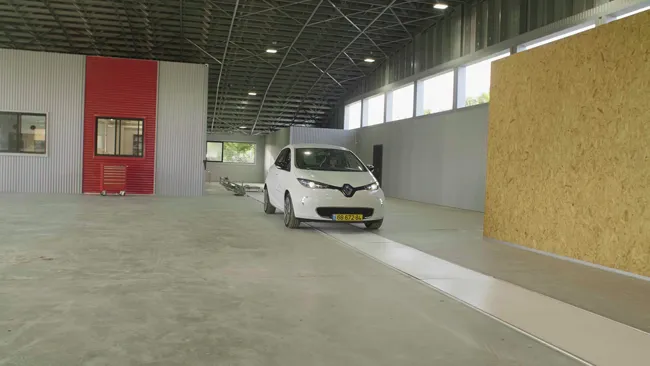
The award by Sweden’s government transport administration agency
Visby joins the city of Lund in what Trafikverket is calling a pre-commercial knowledge tender to set up pilot projects of electrified roads. The goal of both projects is for Trafikverket to gain knowledge about the environmental and commercial viability of such electric roads. Cost of the project is around US$12.5 million.
“We believe that electric roads are an important contribution to reducing CO²-emissions from heavy transportation,” said Jan Pettersson, programme manager at Trafikverket. “Demonstrating and evaluating new technical solutions for electric routes is one of our most important steps in our long-term plan for a potential rollout of electrified routes on the heavy road network in Sweden.”
The consortium said that long-haul heavy trucks benefit significantly from the Electreon’s solution since no heavy and costly batteries - nor stops for charging - are needed. After acquiring demonstration results, Trafikverket can evaluate the potential for investing in larger electric road infrastructure.
Other companies in the Smart Road Gotland consortium include Dan Transport, a major Israeli bus operator and a strategic investor in Electreon. Dan will provide a Higer E-Bus based on Supercapacitor.
Hutchinson, a major French manufacturer, will manufacture the underground coils that will be 8cm under the road surface and activated only when specially equipped vehicles travel over top of it.
The system is compatible with all types of electric vehicles, according to Electreon, including buses, trucks, passenger cars and self-driving vehicles. A typical passenger car can be equipped with just one 12kg receptor for picking up the electric current. Meanwhile, heavier vehicles such as logistics trucks can have more than one receptor to optimise charging levels.
More information can be found on the %$Linker:





